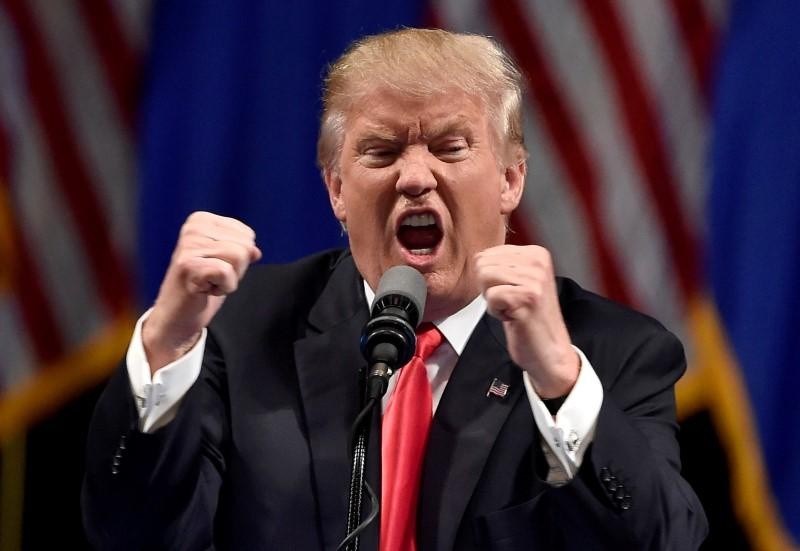U.S. Will Impose Tariffs on Brazil and Argentina, Trump Says

President Donald Trump accused Argentina and Brazil of weakening their currencies and hurting American farmers. Trump said that the two countries are making it harder for the U.S. to compete in their food exports.
In an article published in BBC News, Trump said: "Brazil and Argentina have been presiding over a massive devaluation of their currencies, which is not good for our farmers."
The announcement of Trump caught the attention of Brazil's President Jair Bolsonaro. He said that he will seek to call Trump. In a radio interview in Brazil, Bolsonaro said "Their economy is not comparable with ours, it's many times bigger. I don't see this as retaliation and I'm going to call him so that he doesn't penalize us. Our economy comes from commodities, it's what we've got."
Meanwhile, aside from Brazil, Argentine production minister Dante Sica said that he would also request a talk with U.S. counterparts to discuss matters that concern the planned imposition of tariffs. It can be recalled that the U.S. government has a trade agreement with Brazil and Argentina that would widen a global trade war.
In 2018, Trump imposed 25 percent tariffs on metal and 10 percent on aluminum, however, he also granted in the same year some exceptions amidst the outcry abroad and the U.S. because most of the manufacturers rely on foreign metal imports.
According to the US Department of Commerce, the United States is Brazil's biggest customer for steel. Brazil is the 10th leading steel provider in the world. Moreover, Brazil and Argentina are among the countries that received a waiver on the imposed tariffs of Trump.
It can also be recalled that in May 2018 the United States announced that part of their agreement with Argentina and Brazil is to cap their metal shipments at a specific volume every year. However, Trump said that neither previous agreements were made nor political alliance it would not guarantee the insulation of his trade war because Brazil and Argentina are facing economic problems.
Meanwhile, the White House provided only little details of the tariffs and some political analysts are questioning the move of Trump on why it takes so long after the initial tariff decision.
It is still not as clear as what prompted Trump to reverse their previous agreements. However, last week the Brazilian currency fell in a record low against the dollar and Argentina's Peso has weakened amidst their economic crisis.
Some were speculating that Brazil and Argentina intentionally manipulated their currencies on which the government officials and economists rejected. One of the reasons why they rejected this idea because if it is true then it is beneficial for the Agricultural Sector and the United States trade war with China since it will make their good cheaper to purchase abroad.
It can be recalled in the article published in Latin Post, that U.S. and China are now in the first phase of lifting tariffs. China is the major purchaser of American goods and agricultural products. However, China shifted to purchase more products in Brazil and Argentina following the tariffs imposed by the U.S. last year.
On Monday, Trump said, "I gave them a big break on tariffs, but now I'm taking that break off because it's very unfair to our manufacturers and very unfair to our farmers and our steel companies will be very happy, and our farmers will be very happy."
As of Monday, the White House did not yet issue a formal notice putting tariffs on Brazil and Argentina into effect.
Subscribe to Latin Post!
Sign up for our free newsletter for the Latest coverage!

















